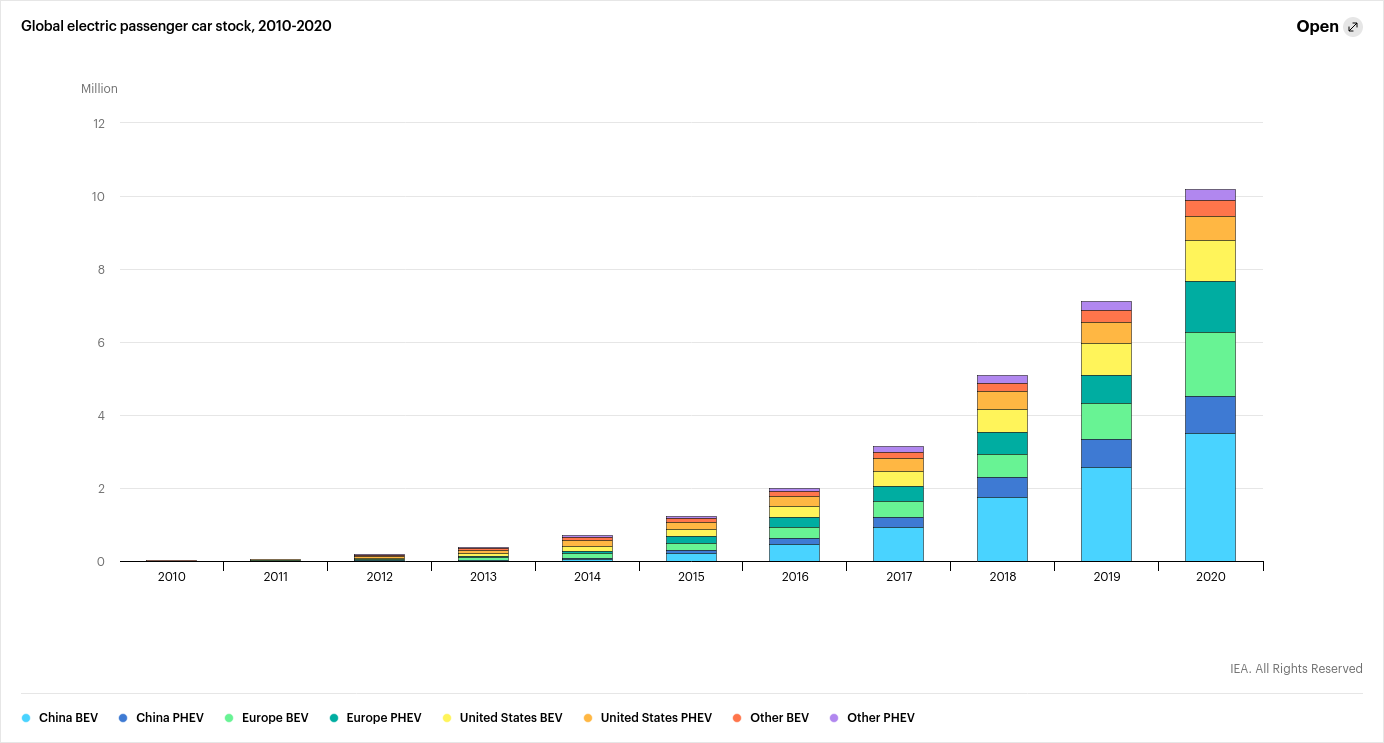GRA said:
WetEV said:
Again, you ignore my answer.
What matters now is what capabilities, price and such to get from 2% market share to 4% market share. "Mainstream new car buyer" isn't even part of the possibilities today or two years from now, the battery plants needed for the "mainstream" or median buyer have yet to have ground broken. Much less the details of the resulting vehicles determined.
And still less the details of the mainstream used car buyer, and the less still of last 10% of buyers dependent on remote rural infrastructure and similar sob stories.
Norway is already to "mainstream".
I ignore your answer because it's not in reply to my question. Which is what do you think it will take to convince mainstream buyers
here to switch? That' isn't a matter of a few % here or there, it's a basic question of capability and price. Mainstream consumers have an idea of what they expect a car to do and how much they're willing to pay for it, and I'm asking you what you think those numbers are.
As for Norway, as I wrote before, given large enough subsidies, perks and mandates you can make a BEV mainstream, at least in some areas where range is less of an issue. Norway's about 10% smaller than California, with most of the population living in the southern third, and only a single through road running from north to south. The U.S. is a continental-sized country, with climate and transportation options to match.
The world's economies are linked. We import and export a lot of things, and our local market may well follow a different path as it already is. Worldwide:
The USA is a small fraction of the total. I'm sure that the smaller slices you look at the more variability you will see. And the growth has been exponential. Looks likely to continue, which is about as far as I'd care to speculate.
It isn't a "basic question of capability and price". It is far more complex. Sure, the car must meet the wants and needs of the buyer, including the buyer's budget. Yet consider two different possible futures. One with $2 per gallon gasoline, and one with $10 per gallon gasoline. Which one will have the higher BEV demand? Duh. Repeat for low and high real interest rates. Repeat for various technological change over the next decade, such as solid state batteries doubling or tripling energy density. And a long list of other factors.
People are far more complex than you give them credit for. Projecting your wants and needs onto the "mainstream buyer" isn't interesting, useful or helpful. The world is far more complex that you give it credit for. While you drive long distances to very remote places, this isn't "mainstream". Most people's range wants and needs are rather lower than yours, as people keep pointing out and you keep ignoring.
You want a simple answer to a complex question? OK,
42. Happy? I even bolded it for you.

